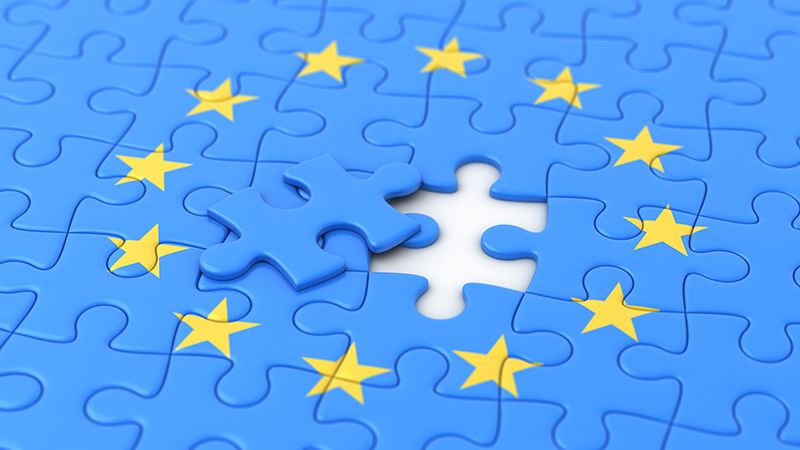EU member states have voted to ratify the Corporate Sustainability Due Diligence Directive (CSDDD) after compromises on the original deal broke the political deadlock.
The vote, which was delayed in February after some member states and business interests voiced concerns over its contents, is considered “a significant step forward” in the protection of human rights and the environment from corporate harm. But the settlement reached to get the bill over the line means that 70% fewer companies than in the original agreement will no longer be held accountable for the harm they cause to people and the planet, according to the European Coalition for Corporate Justice (ECCJ).
Following last-minute moves by France, companies will also have to be over twice the size than previously agreed to fall into the scope of CSDDD, with ECCJ estimates suggesting that the changes will decrease the total number of EU companies covered from roughly 16,000 to under 5,500.
To please large member states such as Italy, the newly brokered deal further cut down on the activities subject to due diligence duties by excluding product disposal, dismantling and recycling, as well as composting and landfilling. This means that companies will not have to identify and respond to risks and harms in these downstream activities.
The EU Council also removed a clause requiring companies to provide financial incentives to their directors to promote the implementation of climate transition plans.
“The endorsement of the CSDDD is a significant landmark recognition toward regulating businesses to uphold human rights and environmental standards. The CSDDD will set the ground for responsible business conduct within the EU and beyond,” stated Nele Meyer, director of the ECCJ.
“However, it is far from a resounding victory for victims and advocates: the endorsed compromise falls short of the ambition of the original trilogue agreement due to last-minute, undemocratic manoeuvres by member states, who have once again betrayed those they should protect from corporate harm.”
Silke Goldberg, global head of ESG at Herbert Smith Freehills, added: “Fears that the EU may rip up the rule book on human rights and environmental due diligence have proved to be unfounded. Yet the consensus needed to bring the Directive over the line means that the new rules only apply to companies with 1000 employees and €450m in turnover. The net result may be that its impact could still be questioned.”
More reaction
Elsewhere, the news has been received largely positively. Nicolas Lockhart, partner at Sidley Austin, said that the council’s approval is a key step towards an EU supply chain due diligence law, and the race is now on to see whether the EU Parliament can sign it off before the June elections.
“An EU supply chain due diligence law will add a very important puzzle piece to the emerging ESG challenges facing large companies around the world, with many of them now needing to revisit their approach.
“CSDDD is different from many other due diligence laws because it will require coverage of all ESG issues – people and the environment. Other due diligence laws are more limited, covering only human rights or even just forced labour. This is much broader in scope.
“It also goes further than the EU’s ESG disclosure rules, which require companies to be transparent about their ESG risks and impacts, but don’t require actions to address them. CSDDD, on the other hand, will require companies to take action to improve ESG outcomes. It is about both transparency and behaviour change.”
Meanwhile, Kevin Franklin, MD, advisory at global assurance partner, LRQA, said the announcement was “a positive step”.
“Combined with debates in the US over the SEC rules, we’ve seen businesses and investors struggling with the current political turbulence, uncertainty and lack of consistency. This news helps avoid an alphabet soup of due diligence legislation that varies regionally.
“Without consistency, businesses will end up spending more time and resources tracking what information to disclose in the right place and right ways, with individual tools needed to monitor the different reporting requirements. The standard is being set and consistency is coming.”








